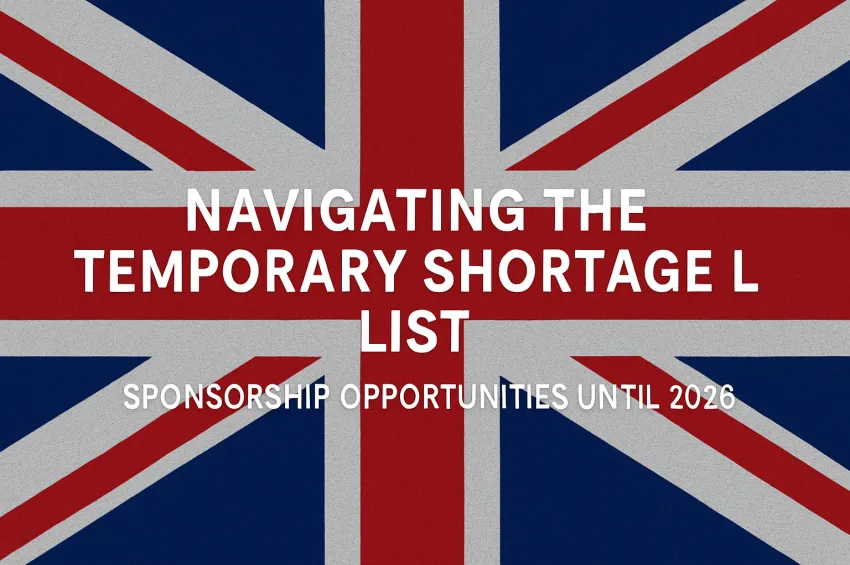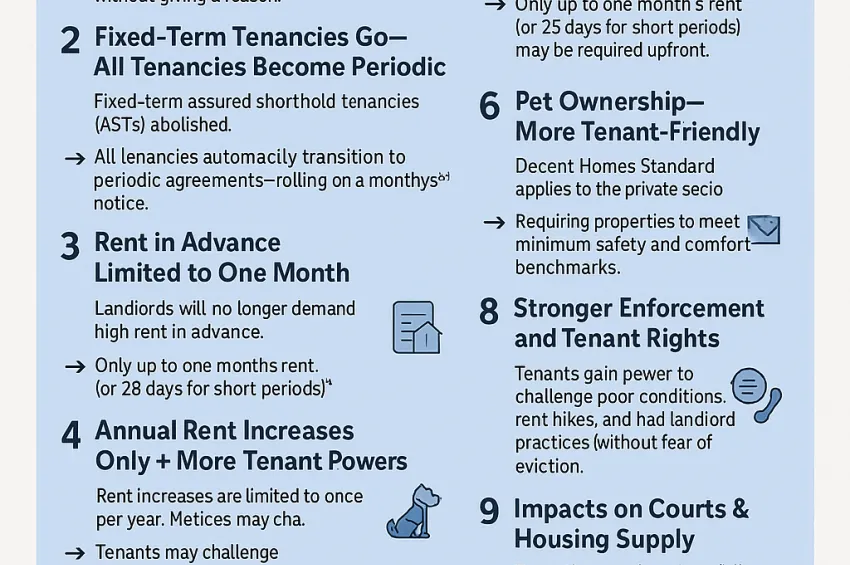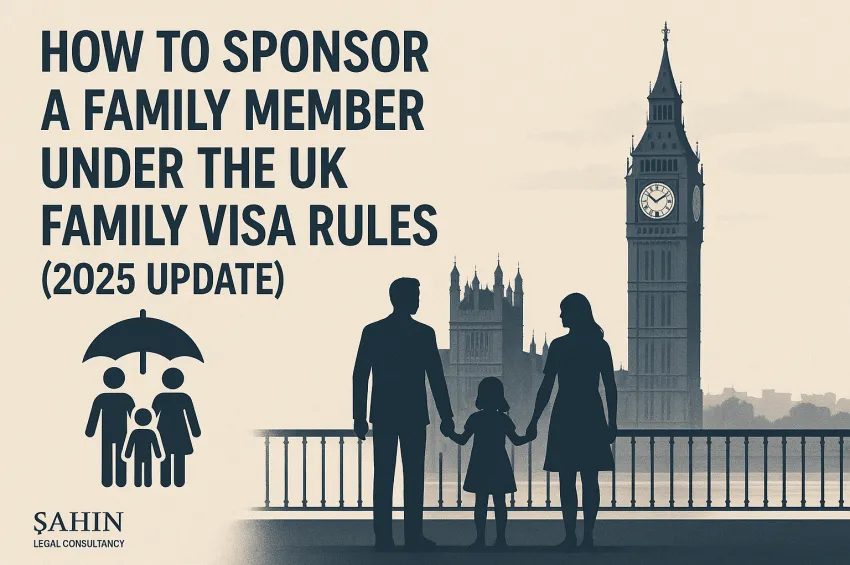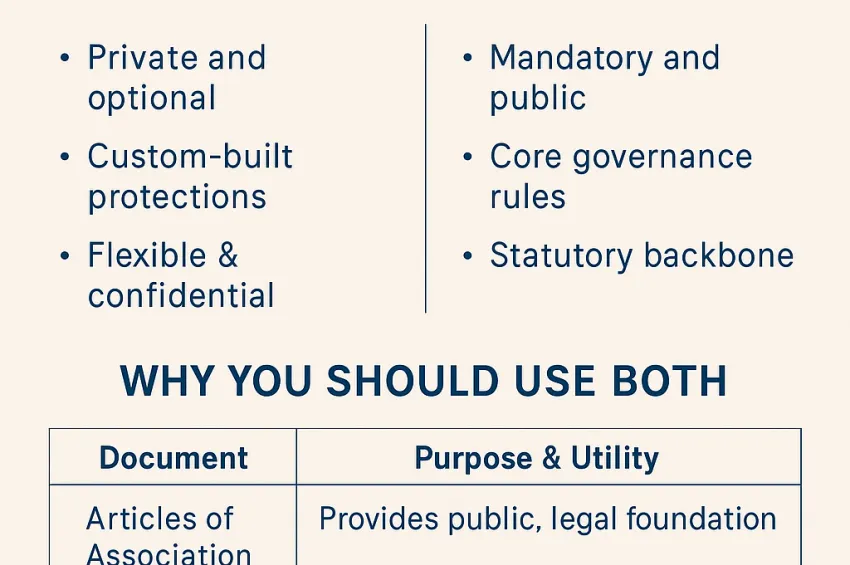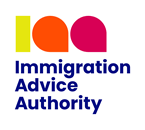
As of July 2025, the United Kingdom and France are finalizing a bilateral asylum agreement aimed at returning irregular migrants and accepting legitimate asylum seekers through a controlled, legal pathway.
Introduction: A New Chapter in UK–France Migration Policy
A proposed “one-in, one-out” asylum deal between the UK and France could reshape how the two countries manage irregular migration across the English Channel. Under this pilot scheme, the UK would return migrants who arrive irregularly via small boats, and in exchange, accept the same number of vetted asylum seekers from France—prioritizing those with family ties in the UK.
This development is crucial for asylum seekers, legal professionals, and local authorities preparing for new procedures starting as early as summer 2025.
What Is the ‘One-In, One-Out’ Asylum Deal?
This UK–France migration agreement is designed to:
-
Deter dangerous small-boat crossings
-
Break human smuggling networks
-
Offer safe and legal alternatives to asylum seekers
Under the plan:
-
The UK returns irregular migrants to France.
-
In exchange, France sends an equal number of pre-screened asylum seekers with genuine UK ties.
This reciprocal system echoes the logic of the EU–Turkey deal (2016), yet is smaller in scale and bilateral in nature.
Key Features of the Pilot Agreement
Limited Pilot Phase
-
Up to 50 migrants per week may be returned to France.
-
That equates to around 2,600 individuals per year, just ~6% of the annual irregular arrivals to the UK (45,000+ in 2022 and 2024).
-
The plan is scalable if deemed successful.
Eligibility Criteria
-
Individuals returned must have arrived via small boats and be undocumented.
-
Individuals accepted from France must have:
-
Close family in the UK (spouse, parent, child)
-
Legal eligibility to claim asylum under UK immigration law
-
Legal and Humanitarian Compliance
-
Migrants cannot be returned immediately at sea.
-
All transfers require due process, safety checks, and asylum assessment.
-
The deal is intended to comply with the 1951 Refugee Convention and European human rights law.
UK–France Asylum Deal Timeline and Implementation (2025)
Political Backing
-
On July 10, 2025, UK Prime Minister Keir Starmer and French President Emmanuel Macron formally agreed in principle on the framework.
-
The agreement marks a shift from unilateral UK measures to bilateral European cooperation.
Pending Operational Details
-
Official start date: Estimated for Summer 2025
-
Outstanding items:
-
Transport logistics
-
Processing facilities
-
Financial contributions (France has requested additional UK support for border patrol operations)
-
Legal Coordination and Enforcement
-
France will now intercept boats up to 300 meters from shore.
-
UK Border Force must prepare new administrative mechanisms for returns.
-
Both sides are developing criteria for asylum eligibility and matching processes.
How Does It Compare to Other Migration Agreements?
| Deal | Parties | Scope | Legal Focus |
|---|---|---|---|
| UK–France One-In, One-Out (2025) | UK, France | Pilot – 2,600 returns/year | Bilateral, humanitarian balance |
| EU–Turkey Deal (2016) | EU, Turkey | 1-for-1 Syrian refugee resettlement | EU-wide, regional deterrence |
| Dublin Regulation (Pre-Brexit) | EU states | Return to first entry country | UK no longer part of this |
Legal and Political Implications
For the UK:
-
Aims to replace controversial Rwanda deportation plan
-
Signals shift to European cooperation
-
Responds to public pressure on immigration and asylum
For France:
-
Positions Macron as a European leader on migration
-
Draws criticism from domestic right-wing groups
-
Relies on UK funding for enforcement expansion
Legal Considerations:
-
France is a safe third country, reducing legal challenges
-
Each individual’s asylum claim must be individually processed
-
NGOs and human rights advocates will monitor closely for compliance
Reactions from Legal Experts and NGOs
-
Legal experts welcome clarity on return mechanisms post-Brexit.
-
Refugee organizations appreciate the legal route but warn the plan’s limited scale won't eliminate boat crossings.
-
Critics stress the need for:
-
Expanded legal pathways
-
Addressing root causes of migration (conflict, poverty, climate)
-
What Does This Mean for Asylum Seekers?
-
Those with family ties to the UK may benefit from direct resettlement.
-
Irregular migrants arriving via small boats may face prompt return to France.
-
Increased enforcement against illegal working in the UK is expected.
-
Immigration lawyers must stay informed to guide clients through new options and risks.
Frequently Asked Questions (FAQ)
🔹 Who qualifies to be resettled in the UK under this deal?
Individuals currently in France with close family in the UK (spouse, parent, child) or strong UK ties.
🔹 When will the agreement take effect?
The pilot scheme is expected to start in Summer 2025, pending final logistical and legal preparations.
🔹 Is this deal legal under international law?
Yes, provided all asylum claims are assessed individually and returns are made with France’s consent.
🔹 How many migrants will be affected?
Around 2,600 migrants annually in the initial phase – a limited percentage of total arrivals.
Conclusion: A Strategic but Limited Solution
The UK–France “one-in, one-out” asylum deal marks the first post-Brexit bilateral migration return agreement. If implemented successfully, it could pave the way for expanded safe, legal routes while addressing the surge in irregular Channel crossings.
Stakeholders—from migrants to employers, and from NGOs to local governments—must remain alert to new rules and responsibilities. With continued diplomacy, funding, and legal safeguards, this pilot initiative may evolve into a long-term model for humane and secure migration management.


